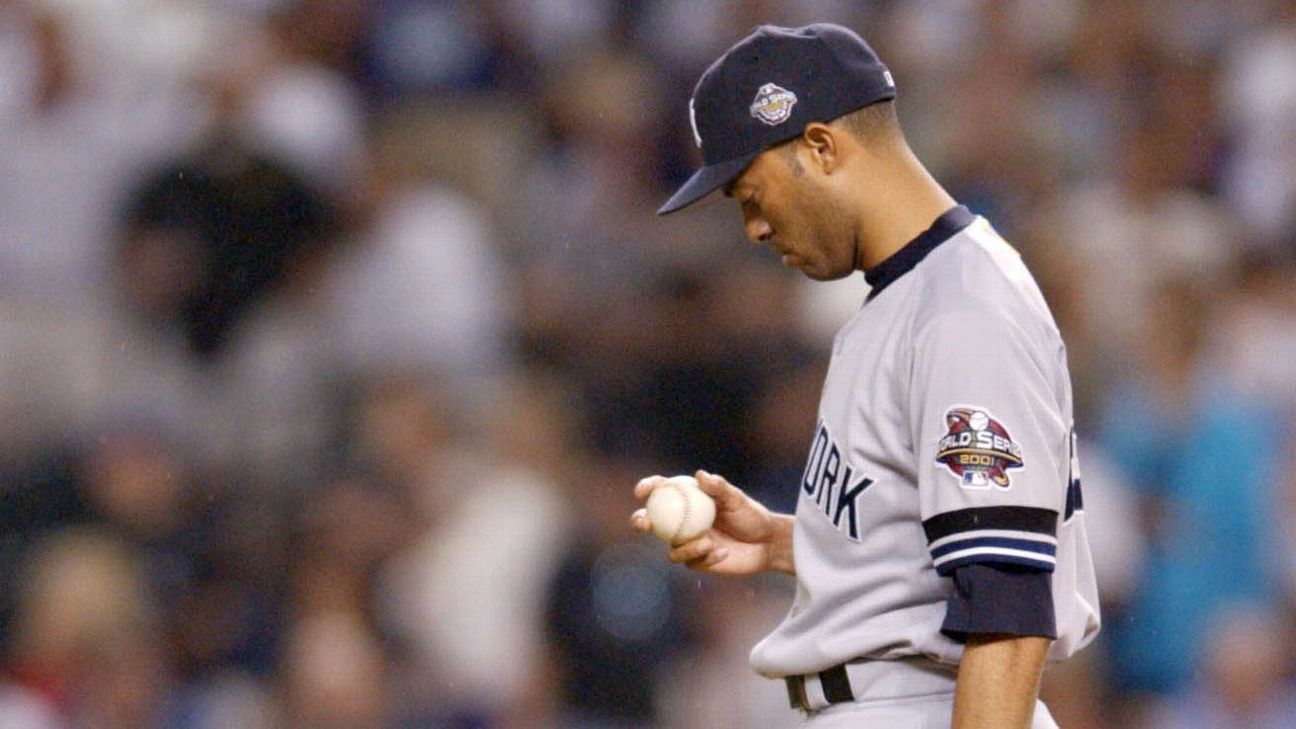Bill Ballou has covered baseball for the Telegram and Gazette for more than three decades, and in December, he explained why he was not voting for Yankees closer Mariano Rivera — or anybody else, out of respect for Rivera.
Ballou believes that the value of closers doesn’t match that of other positions, which is hardly an outrageous argument to make. There are 30 front offices that agree with him, apparently, based on the lesser compensation they annually apply to relief roles relative to what starting pitchers are paid. Because of that perspective, he decided that he couldn’t vote for Rivera. But he acknowledged in his column that he knows his opinion is in the minority.
“I could be wrong about all of this,” he wrote, “and everyone I have the debate with says, ‘I see your point, but Rivera is different.’ Maybe he is and I’m just missing something. Rivera could be the first Hall of Famer elected unanimously. I think I’m right about closers, but not so much that I would deny Rivera a chance to be the first unanimous Hall of Famer.”
Following that reasonable rationale, he decided to not submit a ballot, rather than hurt Rivera’s percentage in the voting. And yet through the blitzkrieg of social media, Ballou was lambasted. Just before Christmas, Ballou mentioned the outpouring of response to his column in this tweet.
The reaction was a rabid overreaction, played out on Twitter, Instagram and other social-media avenues, now standard within any element of the Hall of Fame voting –whether it’s a discussion about the candidates linked to performance-enhancing drugs, Pete Rose’s status, or the veterans’ committee decisions.
